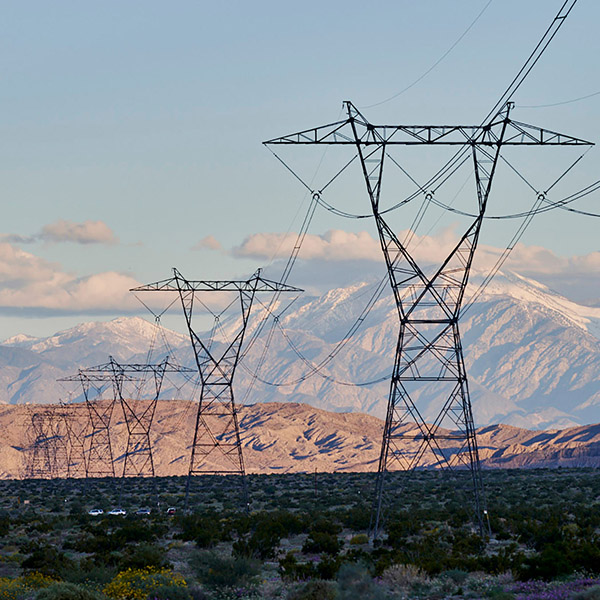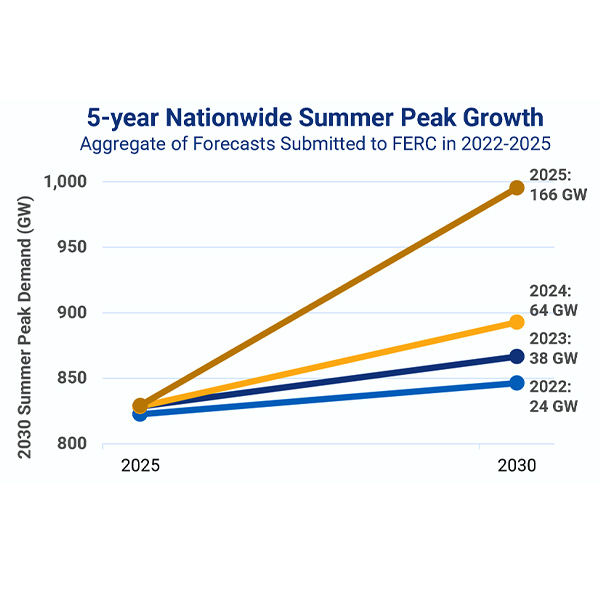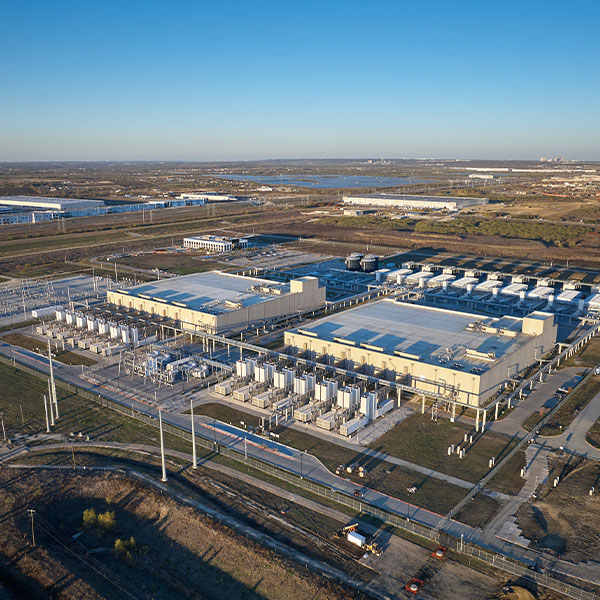cost allocation
NIPSCO insisted to FERC that a MISO Midwest-wide cost allocation for the continued operation of an Indiana coal plant is the quickest solution.
CAISO wants to ensure grid reliability when artificial intelligence data centers “pulsate.”
State regulators in MISO asked FERC to let power industry stakeholders determine how to allocate the costs for an Indiana coal plant forced to stay online by the Trump administration’s Department of Energy.
FERC defended Order 1920 against appeals in a brief filed Jan. 5, saying the transmission planning and cost allocation rule is firmly within its authority and builds on previous pathbreaking rulemakings like Orders 888 and 1000.
The power industry’s own demand forecasts expect national summer peak to swell by 166 GW by 2030, Grid Strategies said in its latest load growth report.
There's a clear parallel between what FERC did to speed the building of new generation at the turn of the millennium and what DOE wants to do today to accelerate the growth of critical data infrastructure, says former FERC Chair Pat Wood III.
Parties filed their first briefs in the appeal of FERC Order 1920, which mandated changes to regional transmission planning and cost-allocation rules.
FERC approved PJM’s proposal for allocating the costs for Constellation Energy to continue operating its Eddystone Generating Station near Philadelphia under an emergency order by the U.S. Department of Energy.
CREPC TC, in collaboration with Energy Strategies, issued its first transmission cost allocation study to provide the Western electricity industry with guidelines on how to tackle the thorny issue.
SPP state regulators have approved a policy that sets criteria for developing joint transmission projects with other RTOs to cost-effectively address persistent market-to-market (M2M) congestion.
Want more? Advanced Search










